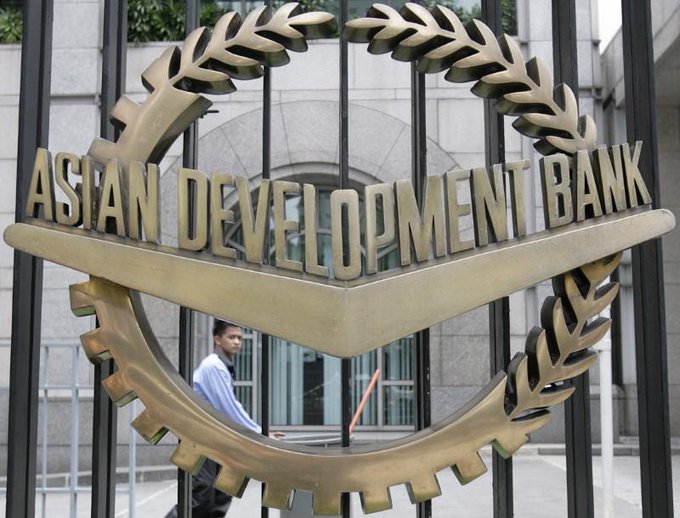ADB Supports Philippines’ Financial Inclusion Reforms with $300 Million Loan
The Asian Development Bank (ADB) has approved a $300 million policy-based loan to support the Philippine government’s efforts to boost inclusive growth by implementing reforms to expand Filipinos’ access to financial services, especially in unserved and underserved areas across the country.
ADB’s Inclusive Finance Development Program, Subprogram 2, is supporting reforms to help the government reach targets linked to the National Strategy for Financial Inclusion. These measures will strengthen the institutional and policy environment for financial inclusion, improve financial infrastructure, and increase the capacity and reach of service providers, especially rural banks and non-bank financial institutions.
“The Philippine government’s anti-poverty strategy aims to equip Filipinos in the bottom 40% of the income strata with education, skills, and livelihood assistance so they can break away from a vicious cycle of intergenerational poverty. Ensuring all Filipinos are part of the financial system is important to this approach,” said ADB Vice-President Ahmed M. Saeed.
“Through this loan, ADB is partnering with the Philippines to implement innovative initiatives around digital finance to significantly improve poor Filipinos’ access to financial services and products as a way to lift their incomes and wellbeing,” said ADB Senior Financial Sector Specialist for Southeast Asia Kelly Hattel.
According to the 2017 Global Findex Survey, the Philippines ranked among the lowest in Southeast Asia on almost all financial inclusion indicators. Only 34% of Filipino adults have an account at a formal financial institution, compared with 49% in Indonesia, 82% in Thailand, and 85% in Malaysia. The Philippines can expand financial access to poor Filipinos through credit, savings, insurance, pensions, and remittances.
Reforms supported by the loan are being implemented by the Bangko Sentral ng Pilipinas, the Securities and Exchange Commission, the Philippine Guarantee Corporation (Philguarantee), the Philippine Statistics Authority, the Department of Justice, and the Insurance Commission. These reforms, which focus on the poorest 40% of the population and rural residents, aim to more than double the number of Filipinos holding an account at a formal financial institution by 2023.
Key reforms include the rollout of the country’s National Identification System, which will benefit all Filipinos and help speed up the delivery of social assistance programs, the launch of pilots on agriculture value chain finance, and public–private partnerships for crop insurance. The loan also supports government reforms to incorporate financial literacy programs in the country’s K-12 basic education curriculum and increase the use of digital payments in the country. It will help reorganize and strengthen Philguarantee’s operations, expand coverage of the credit reporting system, promote the use of cloud-based core banking technology among rural banks, and support the development of Islamic finance in the country.
These reforms will complement other programs ADB is supporting in the Philippines. For example, the $400 million Competitive and Inclusive Agriculture Development Program approved by ADB in August 2020 to help the government increase agricultural productivity and the $500 million Expanded Social Assistance Project approved in June 2020 to support education and health conditional cash transfers to poor households.
ADB is committed to achieving a prosperous, inclusive, resilient, and sustainable Asia and the Pacific, while sustaining its efforts to eradicate extreme poverty. Established in 1966, it is owned by 68 members—49 from the region.

